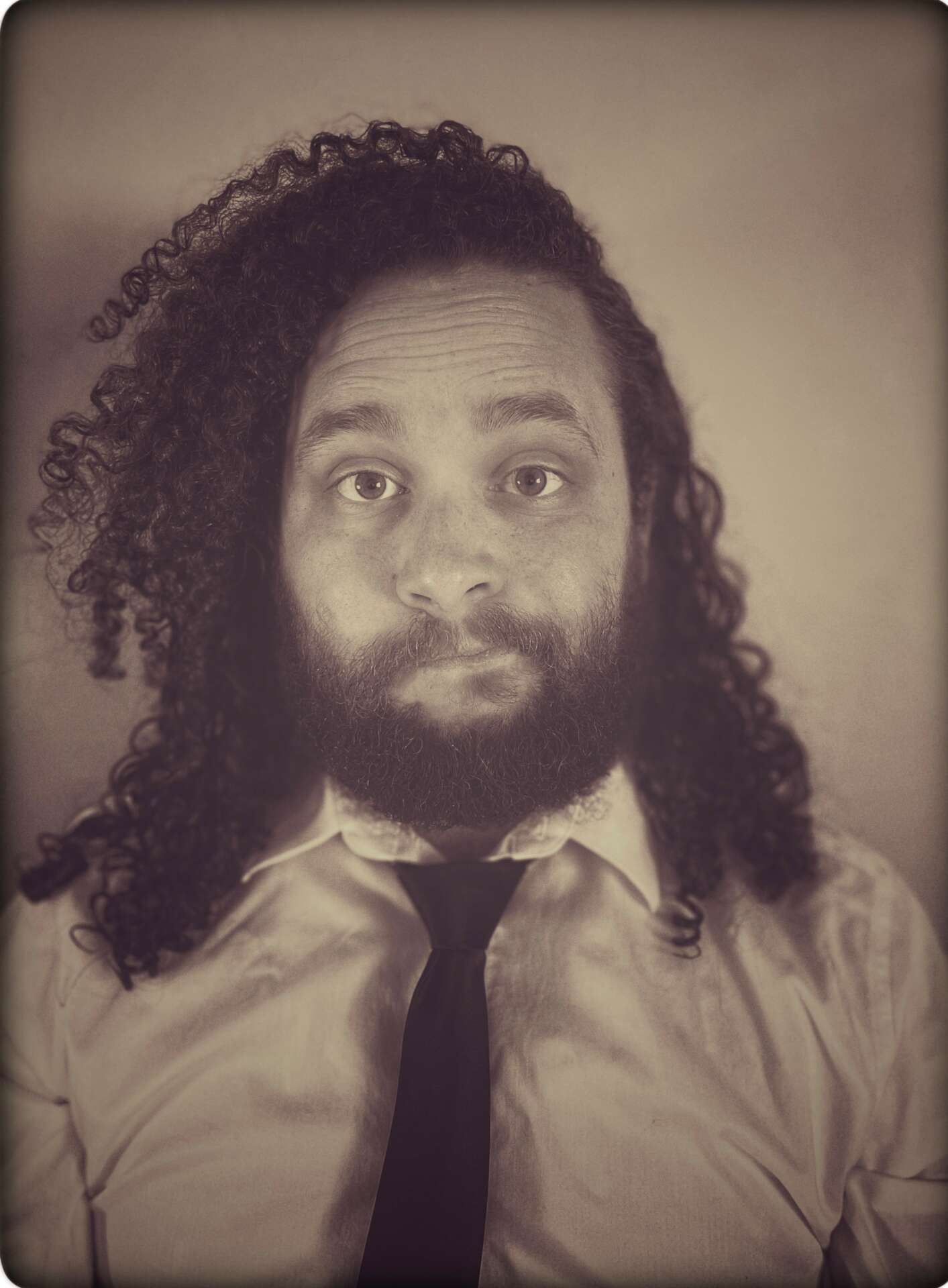We were lucky to catch up with Mac Wright recently and have shared our conversation below.
Mac, appreciate you joining us today. Let’s jump right into the heart of things. Outsiders often think businesses or industries have much larger profit margins than they actually do – the reason is that outsiders are often unaware of the biggest challenges to profitability in various industries – what’s the biggest challenge to profitability in your industry?
There are three things that I’ve personally seen inhibit even the most talented musicians. Profitability in the music industry is entirely dependent on your ability to do three things: 1. Your ability to be approachable
2. Your ability to Adapt
3. Your ability to view your art as a craft or business
1. The number one thing that you have to be able to do as a musician is be able to network. In an industry that operates on a large scale as a series of freelance opportunities, I’ve found that people are much more likely to work with/hire someone that they get along with rather than someone who is the most talented or even the cheapest option. If you’re not a nice, pleasant person to be around, you likely wont get called back.
2. Your ability to adapt to new and different situations is crucial. This skill is the byproduct of hard work, developed talent, and professionalism. It comes when you recognize that the product you’re working on is more important than your comfort. It also kinda goes back to your ability to work well with others. If you think about it, everything about this industry comes down to your ability to create and if you can’t take risks or create under pressure, you wont get the “diamond” that people are looking for from you.
3. Speaking on creation, for many who love playing music, they see it as an art form, and they feel as though when they play or create, they are breathing out a piece of themselves that is fragile and special. While those creative moments are often critical to personal fulfillment, when you make the decision to pursue music as a career, you have to separate those moments from your craft. It’s like being a carpenter. There is an art to building a table, but there are many situations where a carpenter has to build a table simply to fulfill an order. So it is with music. If I get hired to write music for a commercial, it cannot be something that I’m emotionally attached to because if the company doesn’t like it, it will get changed, twisted, distorted, or even scrapped entirely for something that meets the clients needs. Its just a “Table.” Not your firstborn child.
If you notice, none of these three things talk about being the most talented person in the room, or being better than everyone else. It’s all about your ability to connect and work with other people in a pleasant and efficient way. I’ve gotten by far better and more profitable gigs than many of the people I went to college with who were better players than me because people like me as a person and I come ready to work for a good product rather than personal glory.
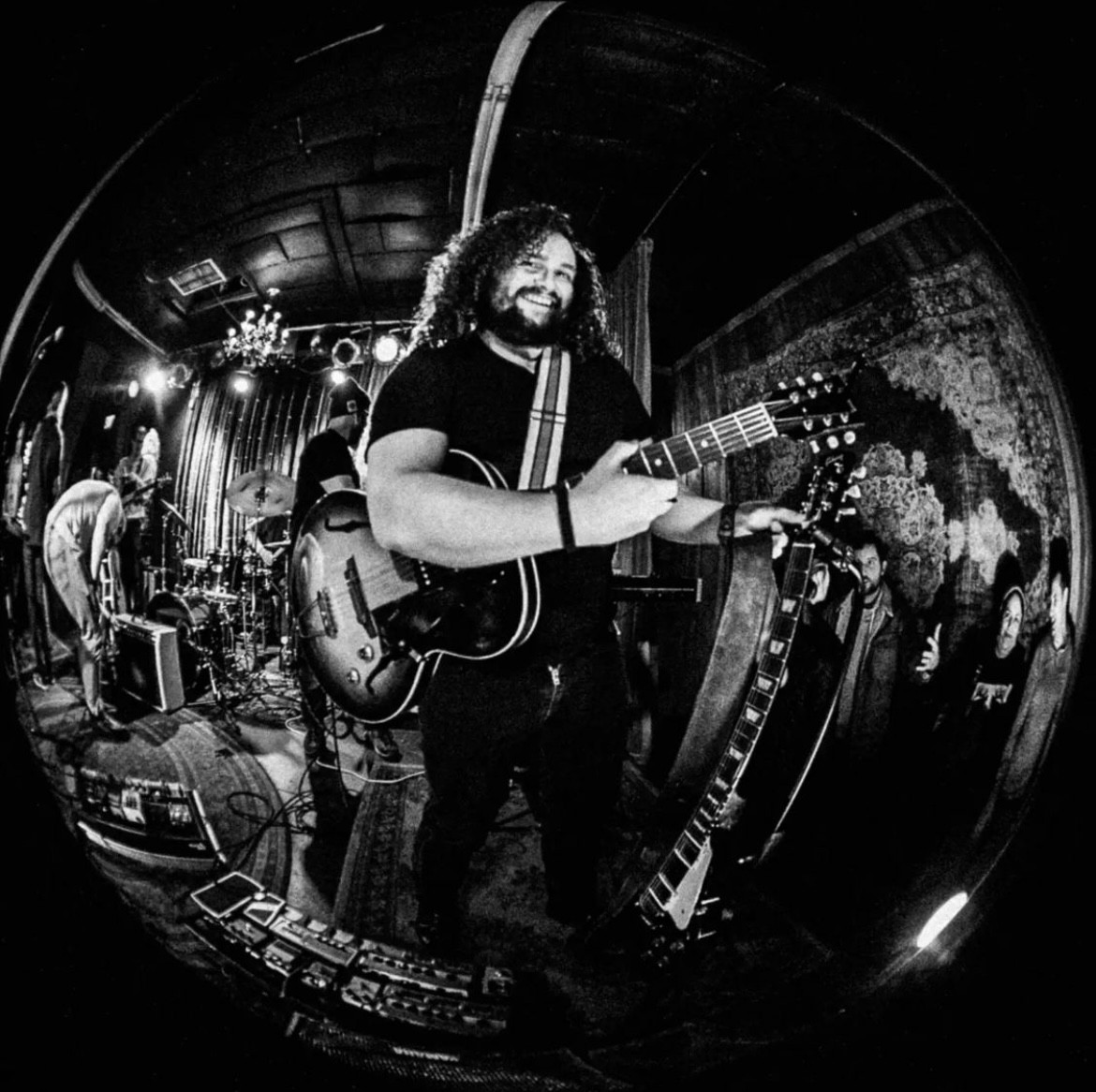
Awesome – so before we get into the rest of our questions, can you briefly introduce yourself to our readers.
I got into music when I was around 9 or 10 years old. My parents came to me and said “We have enough money to do either music or sports. Which do you want to do?” I started piano lessons, and then moved onto trumpet. While I was in middle school, I got a guitar for my birthday, and joined a little garage band for fun. It was just a hobby at the time and most of my focus was on trumpet. I played trumpet all through high school. I was in orchestras, marching band, jazz bands, and pit orchestras. I started playing in professional settings and teaching private lessons. I was performing all over, and playing guitar on the side still for fun. I did a year of college, played in the college marching and pep bands and auditioned for the school of music with every intention of being a classical trumpet player. After a year of college, I found out that I didn’t get into the music program, so I deferred my education and spent a couple years doing missionary service in southeast Texas and Louisiana. During that time, the nature of my work made it so I didn’t really play any music and I discovered that I missed guitar significantly more than trumpet even though at the time, I was much better at trumpet. After returning home and starting school again, I started to explore a lot of options of what to major in. I knew that I was disenchanted with trumpet, but I also knew that since I hadn’t really had any formal education with the guitar that it would be fairly impractical to try and major in it. However, after an intro to accounting class and some time studying family and marriage psychology, I realized that I would work harder at playing guitar than I would at anything else I had tried out. I felt that if I actually wanted to work harder at something, that my quality of life would go up and consequently, I would be able to make a living. So I changed course, started studying jazz guitar, and started learning about songwriting, scoring, and music production. I got into the school of music on the first audition, graduated with a degree in Commercial Music and Jazz Guitar, and never looked back.
Since I had already been performing and teaching since I was in high school, I continued doing that and then continued to build a network of friends and clients that would help sustain me. What I found was that my work ethic and ability to work well with others made me the kind of guitarist and producer that people wanted to work with. I always tell my clients that I will do EVERYTHING in my power to make sure that they are completely satisfied with the product that we’re working on. I’ve found that that level of devotion to someone else’s artistic pursuits brings clients back WAY more than any talent or knowledge I might be lacking. Skills can be learned and developed much easier than a work ethic can.
I now act as a music producer for businesses, artists, film, and television, and I play guitar for other artists and in studio sessions. I have a studio of private students for guitar, ukulele, and banjo. I have my own music out, as well as I am the lead guitarist for the band Michael Barrow and The Tourists.
I think if theres one thing I want people to know who might work with me or listen to my music, it’s that I create with others in mind. I try really hard to write and play not for myself or for my own personal glory, but for the people who listen. Music has been so powerful and healing in my life and that’s all I want to do for others. I firmly believe that that mentality is what will sustain me in the long run.

We often hear about learning lessons – but just as important is unlearning lessons. Have you ever had to unlearn a lesson?
While I was in school, I had an opportunity to be mentored by many musicians who were not only making a living in the industry, but were respected in their craft. I talked to a couple of them about what I thought I wanted to do (become a guitarist and a producer,) and both of them told me to go a different direction (i.e. go into film scoring which was not on my radar.) I’m grateful for what I learned from those detours, however when I finally got around to a film scoring class, I realized it is was NOT my cup of tea and I was struggling to find opportunities in that side of the industry. I readjusted and refocused on the two things that I initially wanted to do, and IMMEDIATELY started seeing success. I believe you should explore every avenue because you never know what you will like or dislike, but I also think you should pursue what you know you love. You’ll work harder and find ways to be more profitable chasing your dream rather than someone else’s.
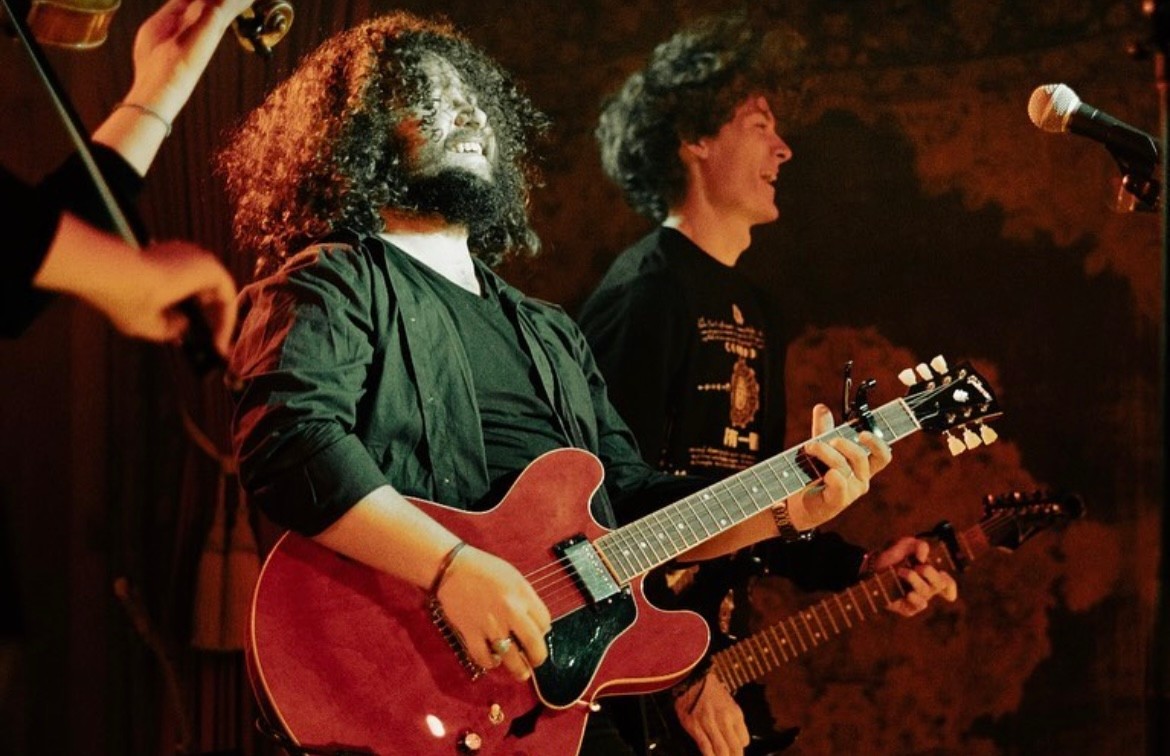
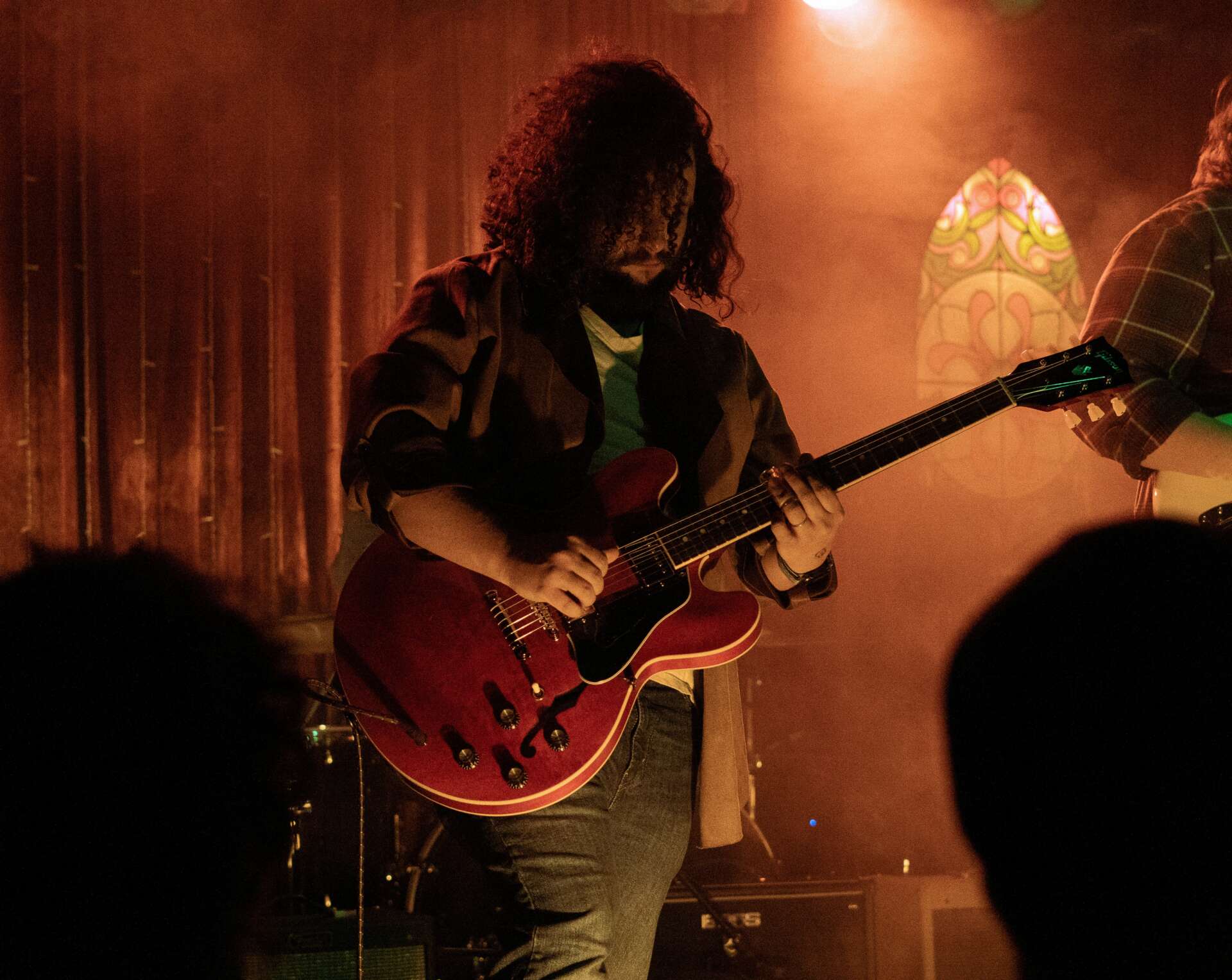
Where do you think you get most of your clients from?
Word of mouth. While I have tools at my disposal like social media, websites, fliers, and so many other things, my business has seen its highest level of growth from clients who like me and tell their friends. If there’s any advice I could give to someone starting out, it’s to make sure that every client or customer gets a five star experience. I had a mentor promise me that if I gave 100% to every project or opportunity I was given, regardless of how much it paid, that I would always have another job waiting for me and that has proven to be 100% true.
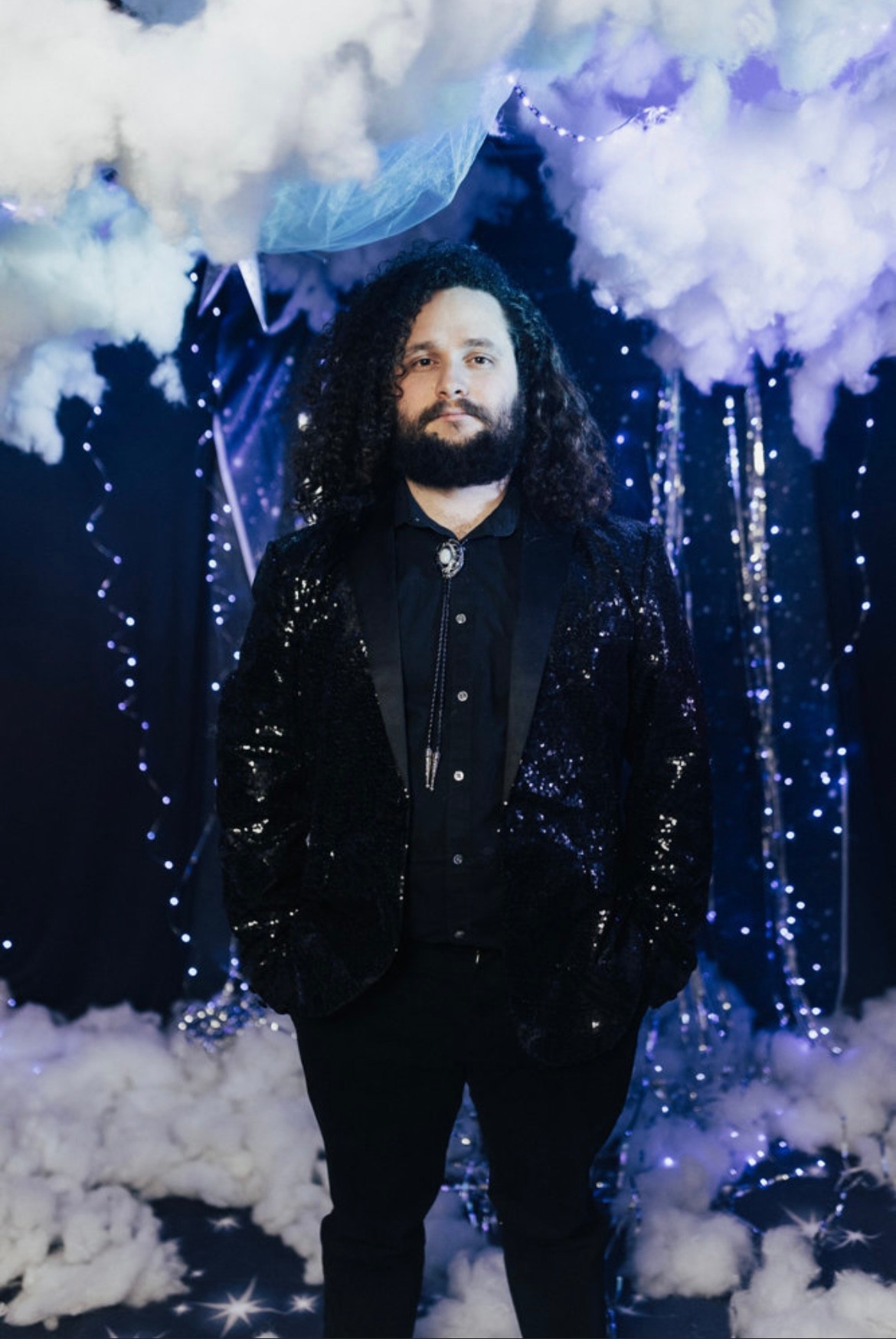
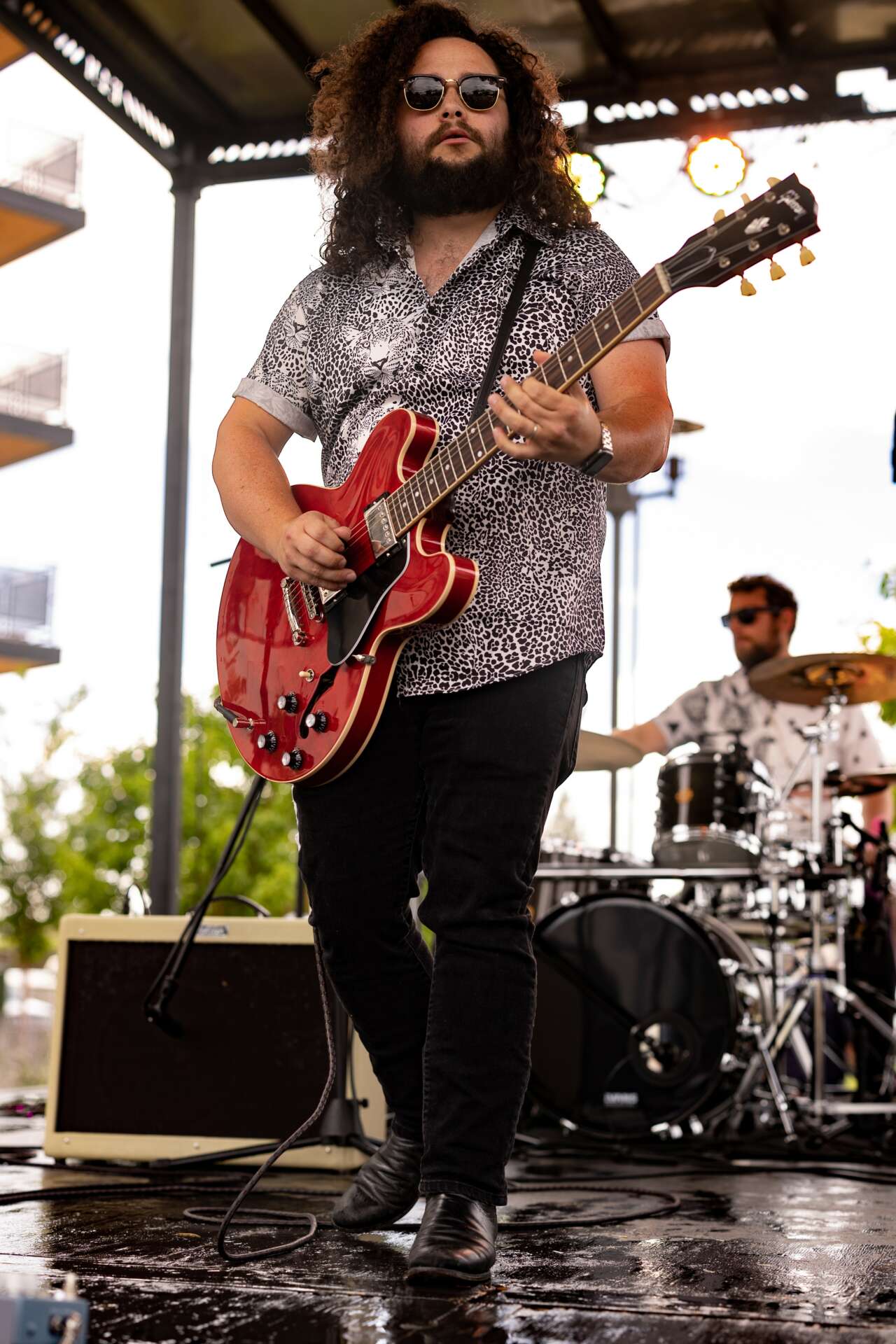
Contact Info:
- Instagram: https://www.instagram.com/macwrightmusic/
- Facebook: https://www.facebook.com/profile.php?id=100064038225623
Image Credits
Ivan Martinez, Jules Wagstaff, and Molly McCoy


